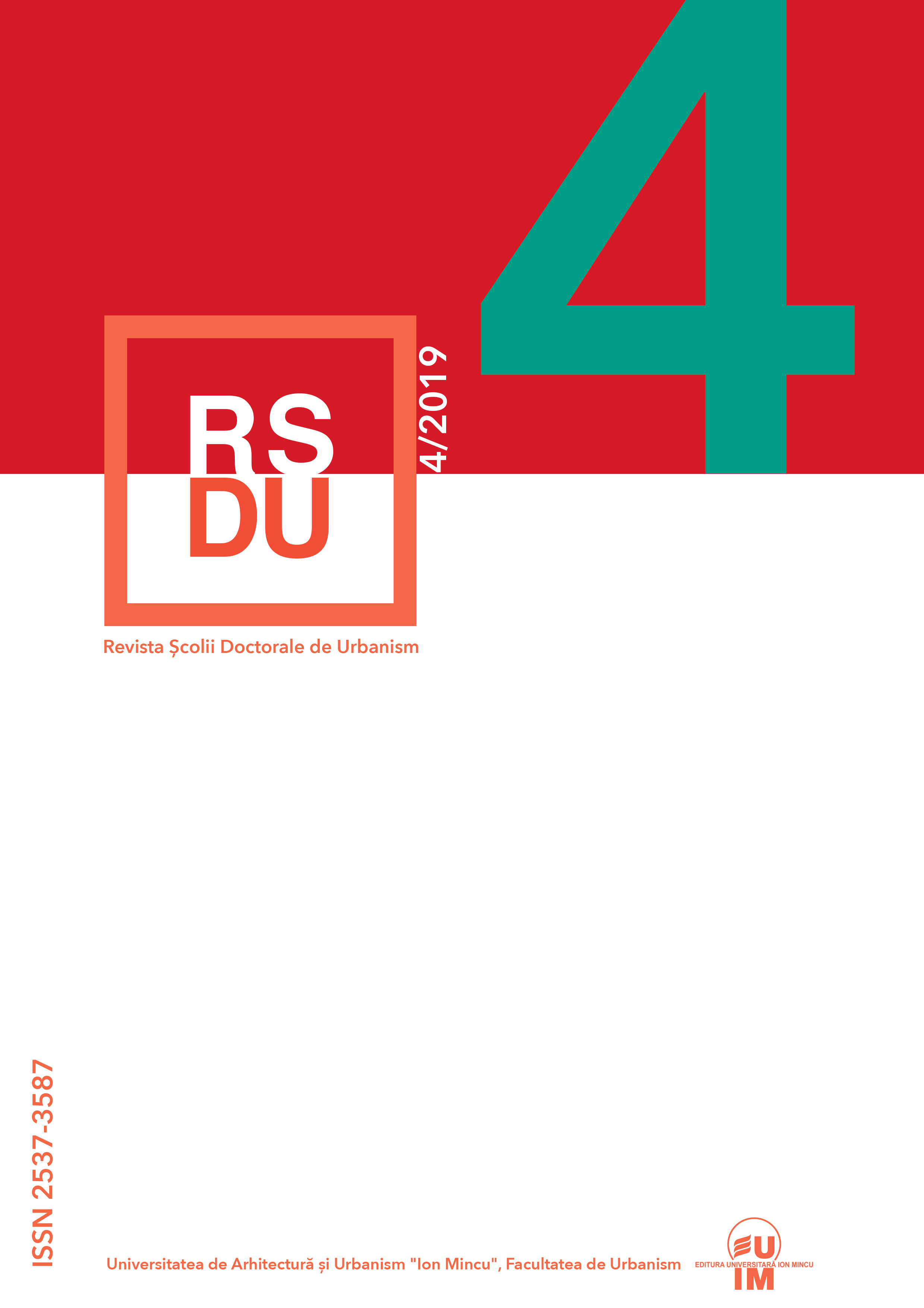Integrarea serviciilor ecosistemice în planificarea spaţială prin soluţii bazate pe natură
Integrating ecosystem services in spatial planning through Nature-based Solutions
Author(s): Mădălina Sbarcea, Filip Raicu, Alexandru-Ionuţ PetrişorSubject(s): Physical Geopgraphy, Human Geography, Regional Geography, Environmental Geography, Applied Geography, Governance, Applied Sociology, Human Ecology, Political Ecology
Published by: Universitatea de Arhitectură şi Urbanism »Ion Mincu«
Keywords: eco-planning; sustainable development; climate change; urban management; decision making;
Summary/Abstract: Global changes, driven by land use changes, human population growth and consumption or pollution, manifest themselves through extensive urbanization and amplified extreme climate phenomena, that are threatening environmental systems and human well-being. Consequences of these changes results in habitats and ecosystems fragmentation and quality degradation, that lead to lower capacity of delivering ecosystem services as well as to negative impacts for human health. At the global and European level, nature-based solutions (NBS) have gained traction as an alternative to traditional measures to tackle these environmental and socioeconomic challenges. In this context, the EU oriented its Research and Innovation agenda towards NBS, aiming at green economic growth and new jobs creation, sustainable urbanization, regenerating degraded areas and improving citizen quality of life. Nature-based-solutions projects usually tackle complex problems and provide a series of benefits, most of which can be assessed from an ecosystem services perspective. The planning and implementation process usually involve multiple stakeholders, from governments to NGOs or lay citizens. Besides further need for monitoring, especially of quantitative effects, the complexity of interactions between humans and their environment require a systems approach to adequately represent feedbacks between variables like public health, wellbeing or environmental quality and ecosystem services. Given these complex relationships and context-dependency, the development of frameworks that support spatial planning professionals and decision makers and that involve regional stakeholders in a participatory process would maximize the benefits obtained by NBS implementation.
Journal: Revista Şcolii Doctorale de Urbanism
- Issue Year: 4/2019
- Issue No: 1
- Page Range: 41-52
- Page Count: 12
- Language: Romanian

